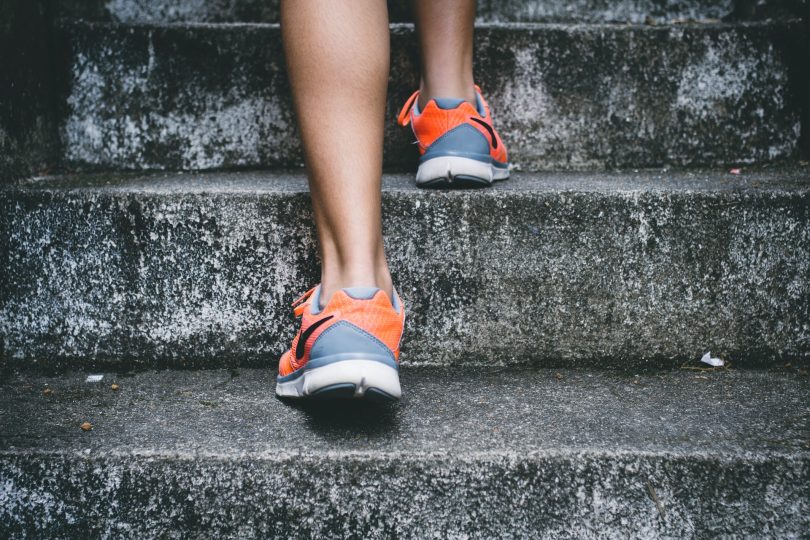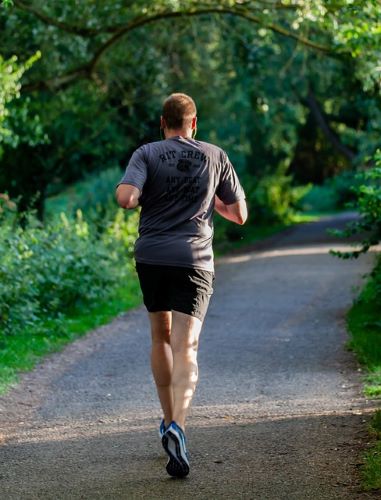How do you want the last 10 years of your life to look?
Do you want to be mobile and independent or in pain and dependent on others?
These are among the first questions I usually ask my new clients. For these family men – all over 50 years old, in sedentary jobs, and battling belly fat – it is a sobering thought. Although their stories are all different, they all share two commonalities:
- They ‘just gradually put the weight on’ – a kilo or two a year, over a number of years
- Each had their own individual ‘wake-up moment’ of realisation that stopped them in their tracks and made them understand they were sleepwalking towards spending their later years on medication, in the hospital, or, worse still, an early grave.
We might not have grown up with gyms and fitness as a lifestyle, but as mature men, we need to wake up to the realisation that a lifestyle that used to serve us no longer does. There is much attention in the media and support given to women about dealing with menopause (and rightly so), but our bodies change after 50 too. Our metabolism slows and influences our energy levels, weight, and general well-being.
The basic message I promote when it comes to our bodies is, use it or lose it – before it’s too late.
My own personal weight loss and fitness journey started following the loss of my eldest son to suicide in 2016. I questioned everything for the first time in my life, including my own purpose. I have other children, and it really made me think about the future and how I would like to spend it with them. I threw myself into health and fitness, lost 20 kg while working a desk job, juggling family, battling grief, and managing a sweet tooth.
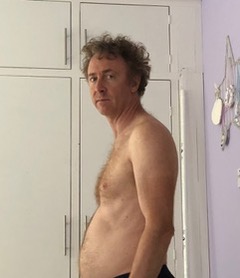
The above photo shows me in late 2021, overweight and unhappy with how I felt and looked. The second photo was taken just over a year later. I was never ‘a natural’, I am not blessed with fit genes. I came to fitness late. I learned the process and educated myself. I can honestly say it changed my life.
Encouraged by my progress, I went on to qualify as a Personal Trainer & Life Coach. It is never too late to change our bodies, and it’s never too late to start. I am living proof of that.
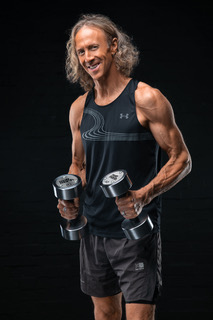
I have replaced old habits and rewards such as beer & takeaways with new ones such as early morning workouts and healthier meals. I have learned to cook and prepare both my own food and for the family. I am not a great cook (One of my client plans is even called the Crap At Cooking Code!), but I’m learning and experimenting all the time. Flat stomachs and abs are made in the kitchen, not in the gym. You can do all the cardio and training in the world, but if your diet is poor, you will never outwork it and lose the belly fat.
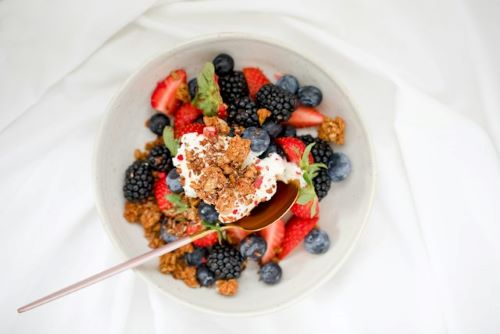
This is not about fat shaming. I appreciate that not every man over 50 wants to lose weight or get fit. So, if fitness is not your bag or you have your own diet that works for you, then good for you. Stop reading now.
According to a 2020 NHS Survey, 67% of men in the UK are classified as overweight or obese. Of this number, a staggering 82% are aged between 55 and 64. While I’m not a fan of throwing statistics around just to scare people, there are plenty of men out there who may not consider themselves fat or obese but have a few kilos of belly fat they’d like to lose. They do want to lose weight but have tried various diets and fads that haven’t worked. Whether it’s with one or more of the well-known weight loss companies, only eating salads for a week, or drinking powdered health shakes for a month; none of it has worked, and they end up back at square one because they haven’t integrated it into their lifestyle as a habit.
I don’t preach, and I’m not looking to ‘convince’ anyone. I simply believe that the simplest, healthiest, and best way to lose weight and keep it off permanently is by gradually changing your lifestyle, one habit at a time, over a prolonged period. It might not sound very sexy in a society that wants everything now, but believe me, it works.
Mindset plays a huge part!
If you want to lose weight, you’re going to have to get used to being hungry some of the time and manage those cravings.
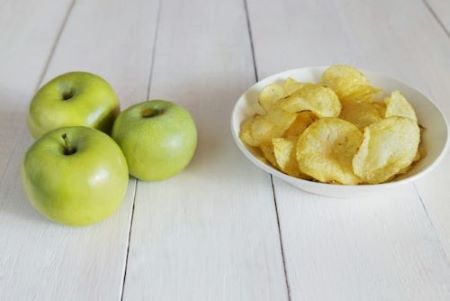
I’m only ever interested in evidence. I encourage people to follow individuals who are similar to them, have been there and done it, and achieved results. I’m actually more interested in body fat %, visceral fat, and cholesterol as measures of health than I am about weight. I simply have a philosophy based on the belief that a fit and healthy body leads to a better quality of life and the best chance of a longer one.
So, if all of that is true, what stops so many men in their tracks? The reasons given are usually one of the following:
- Not being responsible for food preparation at home and eating ‘what the family eats’
- Weekend eating and drinking throws everything off track
- Being chained to a desk in back-to-back meetings most weekdays
- Lack of time due to the demands of work/family
- Poor food choices
- ‘Munchies’ after alcohol.
There are tactics and solutions to help address all these challenges, and they are much simpler than many would think. To assist some clients in managing eating at the weekends, for example, I recommend simple meal plans such as ‘The Triple O Plan’; recommended meals for On It Days (exercise days), recommended meals for the Off It Days (planned rest days), and recommended meals for Office Days (unplanned rest days due to back-to-back meetings). This helps keep them on track when the coach is not there and is sustainable long term.
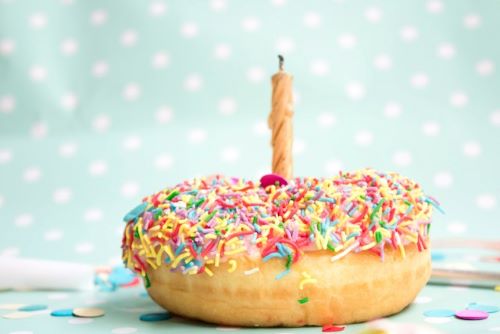
Everyone deserves a reward now and again, and I am not advocating for living like a monk. I believe in compromise rather than restriction when it comes to eating. Personally, I have a very sweet tooth and love sweet things. However, planning treats such as desserts or sweet things around special moments rather than just having them impulsively or out of habit can make a big difference. The same can go for alcohol. I call it The Mindful Moments Plan – it’s kind of like saving these things for a special moment, looking forward to them, and really enjoying them without guilt. Like a reward for all of your efforts and discipline on the other days.
Finally, back to mindset. For those who are still skeptical, learning to fall in love with the feeling of exercise could be the key to making the switch.
Free endorphins anyone?
Rather than seeing exercise and healthy eating as a chore, a necessary evil to get you a short-term result, maybe reframe it as ‘how lucky am I that I get to do this, that my body allows me to do this.’ You never know; it could just change your life. It certainly has mine.
Main – Photo by Bruno Nascimento on Unsplash

